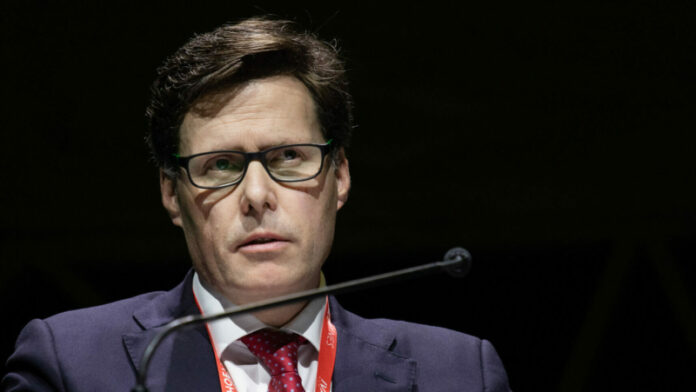
THREE weeks after rejecting the first of two takeover proposals from BHP, Anglo American has finally played its hand — proposing a restructuring that ends its time-honoured links with De Beers via a trade sale or demerger, and unbundles its 79% stake in JSE-listed platinum group metals miner Amplats.
It also plans to sell its metallurgical coal assets in Australia, and either close or sell nickel mines. No decision has been made about manganese assets in the Northern Cape.
At face value, Anglo’s riposte is similar in structure to BHP’s £25 a share takeover proposal (upgraded on May 7 to £27 a share). The Australian firm also wants to demerge Amplats, and will consider selling De Beers. But it threw the demerger of Kumba Iron Ore, in which Anglo has a 70% stake, into the mix. BHP, did not, however, change its deal structure; perhaps fatally so for its chances.
“Doomed,” UK-based Liberum Capital says about BHP’s second proposal. A formal offer, if one is made before the London Stock Exchange’s “put up or shut up” deadline on May 22, would have to be higher than £27 a share, and switch to a condition-free structure.
A successful BHP bid or the entry of an interloper “seem unlikely events to us”, says Ben Davis, a Liberum analyst. The market signals appear to be in agreement as Anglo shares fell 2% below BHP’s second offer in the hours after Anglo unveiled its restructure on May 14.
For Duncan Wanblad, CEO of Anglo, the differentiator in his plan is its simplicity. Instead of two demergers complicated by the inter-conditionalities implied by BHP’s change-in-control proposal, Wanblad has set out an 18-month process of asset rationalisation — the kind in which Anglo has recent form. He points to the unbundling of Thungela Resources, the JSE-listed coal producer in July 2021, and before that, Mondi.
Anglo will also treat the South African government more kindly, Wanblad says. He implied BHP had painted the ANC into a corner by proposing takeovers during election month. Had his hand not been forced, Wanblad says he would have proposed his restructuring later in the year.
There is some dispute over who leaked what information about BHP’s initial proposal but in the end it’s a moot point. The Public Investment Corp, an 8% shareholder in Anglo, is likely to be more sanguine about the Anglo proposal than the bid by BHP, which exited its local investments years ago.
Once complete, the Anglo rump will consist of a modern-looking — streamlined — base metals company with copper at the sharp end, as well as the UK mineral fertiliser project Woodsmith as a long-term diversifying option. First, though, Anglo will pause the development of Woodsmith, estimated to cost $4.8bn, while it restructures, builds back its balance sheet and finds a co-investor.
This, in a nutshell, is the Anglo survival handbook: slim down, keep it simple, and build standalone value better than could be achieved by consolidating the assets in another company. RBC Capital Markets, commenting before Anglo’s restructuring presentation, had imputed a value of £31 a share to a base metals company (in which it also stripped out iron ore, which Anglo is keeping).
But seamless progress for Anglo’s plan is not a given. Trade sales, especially when it comes to selling discrete metallurgical coal mines in Australia, are not easily achieved, a market source says. It took BHP three years to sell similar mines in Australia, he points out.
“We are not a forced seller,” says Wanblad who adds that he intends to sell the coal mines as a single division rather than as discrete mines. But seeing as Anglo needs to divest of the coal at good value to reduce net debt, it may feel the pressure of accomplishing this in only 18 months. (Wanblad said coal was the least challenging part of the restructure).
Also, there is a possible execution risk on De Beers given that its marketing agreement with Botswana is not yet finalised. The country’s president, Mokgweetsi Masisi, might use Anglo’s plans to rattle some political sabres. It’s no coincidence that, while Wanblad was wooing analysts from London, De Beers CEO Al Cook travelled to Botswana to try to put the marketing contract to bed once and for all.
Politics and commercial realities often clash. “Don’t we know that,” says a market source. BHP may have another roll of the dice to play, and a third party may yet step in for Anglo. But shareholders will want to be convinced that Wanblad really does have the kind of control over Anglo’s future shape that he implies.
A version of this article was first published in the Financial Mail.











